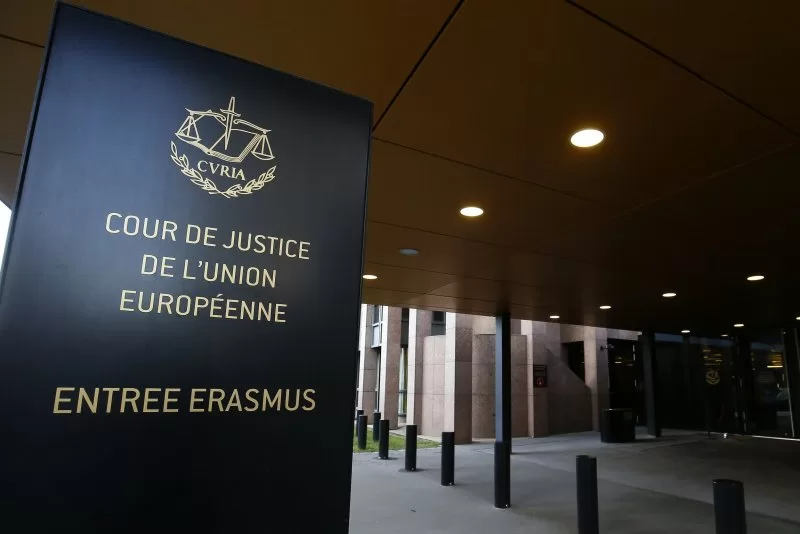1 of 3 | Police in European Union countries may access the phones and data of people not accused of committing serious crimes, the EU highest court ruled Friday. File Photo by Julien Warnand/EPA-EFE
Oct. 4 (UPI) — Police in European Union countries may access the phones and data of people not accused of committing serious crimes, the EU highest court ruled Friday.
“Access by the police to data contained in a mobile telephone is not necessarily limited to the fight against serious crime,” the Court of Justice of the European Union said in its written ruling.
“It presupposes, however, prior authorization by a court or an independent authority and must be proportionate.”
The ruling stems from the case of an Austrian man who was detained by police in his home country after officers linked him to a package containing approximately 3 ounces of marijuana. Authorities then attempted unsuccessfully to unlock the man’s phone, at first, without his knowledge.
The man later filed a challenge with an Austrian court to have the phone returned, which is when he learned authorities had attempted to access it.
The Austrian court then referred the case to the Court of Justice to see whether Austrian legislation “is compatible with EU law.”
Austrian laws consider the offenses the man is charged with to be relatively minor with a maximum sentence of one year in prison if convicted.
Judges in the Luxembourg-based international court ruled police must run any request to access a suspect’s mobile phone data before a court of independent authority, except in the most serious cases.
The EU court in its ruling acknowledged “access to all the data contained in a mobile telephone may constitute a serious, or even particularly serious, interference with the fundamental rights of the data subject.”
“However, to consider that only the fight against serious crime is capable of justifying access to data contained in a mobile telephone would unduly limit the investigative powers of the competent authorities,” the judges ultimately ruled.

